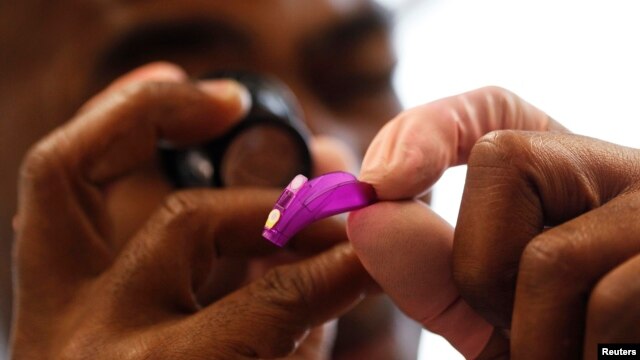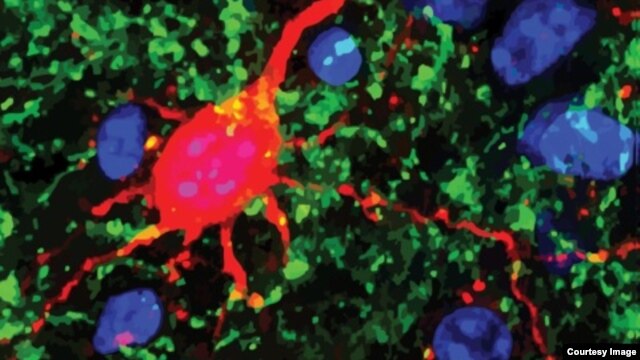Adam's Apple
Senior Member
- Apr 25, 2004
- 4,092
- 449
- 48
To protect young people from losing their hearing, should the U.S. follow France's example and require manufacturers of listening devices to put a volume limit on their products?
Is Music to Their Ears A Threat to Hearing?
By Frank James, The Chicago Tribune
Mrch 15, 2006
A disturbing number of high school students and adults are reporting early signs of hearing loss, and hearing experts think they know the culprits: iPods and similar portable devices that allow people to funnel loud sounds into their ears for hours on end.
Fears and debates about loud music have been around since the dawn of rock 'n' roll, of course, from Elvis Presley to the Beatles, Black Sabbath to Nirvana. But the leaps in technology that are allowing commuters on a bus or kids walking to high school to feel like they're at a deafening concert are also channeling ever higher volumes of music more directly, and longer, onto eardrums.
Hearing experts who called a news conference here Tuesday to voice their fears didn't use the words "crisis" or "epidemic," but it was clear they were worried about the results of a survey conducted last month by the polling firm Zogby International.
for full article:
http://www.chicagotribune.com/features/health/chi-0603150183mar15,1,40129.story?ctrack=18cset=true
Is Music to Their Ears A Threat to Hearing?
By Frank James, The Chicago Tribune
Mrch 15, 2006
A disturbing number of high school students and adults are reporting early signs of hearing loss, and hearing experts think they know the culprits: iPods and similar portable devices that allow people to funnel loud sounds into their ears for hours on end.
Fears and debates about loud music have been around since the dawn of rock 'n' roll, of course, from Elvis Presley to the Beatles, Black Sabbath to Nirvana. But the leaps in technology that are allowing commuters on a bus or kids walking to high school to feel like they're at a deafening concert are also channeling ever higher volumes of music more directly, and longer, onto eardrums.
Hearing experts who called a news conference here Tuesday to voice their fears didn't use the words "crisis" or "epidemic," but it was clear they were worried about the results of a survey conducted last month by the polling firm Zogby International.
for full article:
http://www.chicagotribune.com/features/health/chi-0603150183mar15,1,40129.story?ctrack=18cset=true




